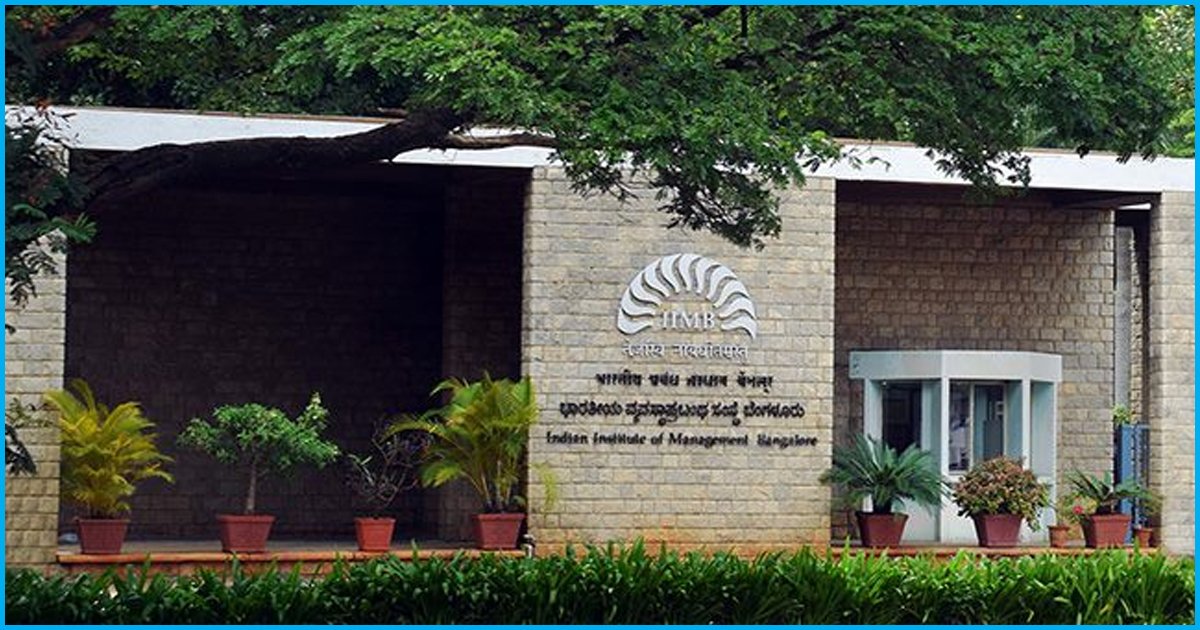
Rajya Sabha Passes IIM Bill, Grants Them Autonomy And Power To Give Degrees
20 Dec 2017 6:50 AM GMT
Indian Institute of Management Bill, 2017 was passed by the Rajya Sabha in the winter session of the parliament, granting all IIMs across the country full autonomy. All IIMs are declared as institutes of national importance in the IIM Bill 2017 which further allows them to give degrees to their students instead of postgraduate diplomas.
The Bill, earlier passed by the Lok Sabha in July 2017, declares the existing 20 Indian Institutes of Management (IIMs) as institutions of national importance and grant them the power to confer degrees. This Bill is anticipated to exceed the autonomy to IIMs, granted to other institutions of higher education such as IITs and AIIMS.
Excerpts from the Bill
The Bill suggests, the executive body will be made up of a Board of Governors for each of the IIM, which will comprise up to 19 members. 17 board members will be including eminent persons, faculty members, and alumni. While the remaining two members will be nominees from the central and state governments, respectively. A Chairperson will also be appointed by the Board. This Board of Governors will also appoint the Director for each of the IIM. Names for the post of the Director will be recommended by a search committee.
This means in the selection of top executives at these IIMs, neither the human resource development ministry nor the President of India will have any authority. The highlights of the bill are as follows,
- The passing of the bill will allow the IIMs to become an institute of the national importance of the power to granting degrees to its students instead of diplomas.
- As mentioned before, IIMs will now have greater autonomy after the passing of the IIM Bill 2017. And from now on the power to appoint the chairperson as well as, the director will now lie with the board of the institutes. The Chairperson of the committee will be appointed for four years by the board, while a search-cum-selection panel will appoint the Director for five years.
- The composition of the board has been changed to include four eminent persons from the field of education, industry, commerce, social service or public service, one nominee from a Scheduled Caste or Scheduled Tribe community and three female members.
- The power to review the performance will be the reserve for Board of the various IIMs which will now also be the principal executive body for each institute.
- The Comptroller and Auditor General (CAG) of India now will audit the accounts of the IIMs.
The bill has also given the right to The Academic Council of each IIM to determine the: (i) Academic content; (ii) Criteria and process for admission to courses; and (iii) Guidelines to conduct the examinations.
A forum for coordination will be set up, which will include the representation from the 20 IIMs. In it, common interest to all IIMs matters will be discussed.
The Bill’s Importance
After the bill was passed in the lower and the upper as well house, HRD Minister Prakash Javadekar while talking to PTI had described the Bill as historical, and said that it would help IIMs become quality institutions like the Harvard University. “It is greater autonomy, and in that direction, we want to go,” he said during a debate on the Bill. While justifying the decision to restrict the interference of government Javadekar further added, “We are giving real freedom to our institutions. We must trust our best It means that the Indian Institute of Management officials can award degrees instead of diplomas to their students from the next session.” He also added that other universities would also be assisted.
Till now IIMs had been registered as societies and unable to grant degrees, including Ph.D., to their students. To grant more autonomy to the institutes HRD Ministry had removed the provision for the President of India being the Visitor and choosing the director who was mentioned in an earlier draft of the Bill.
 All section
All section













